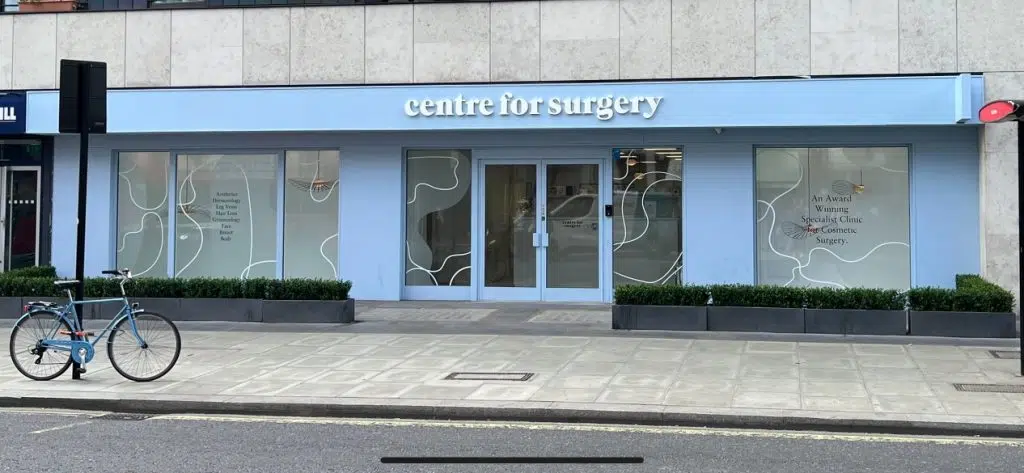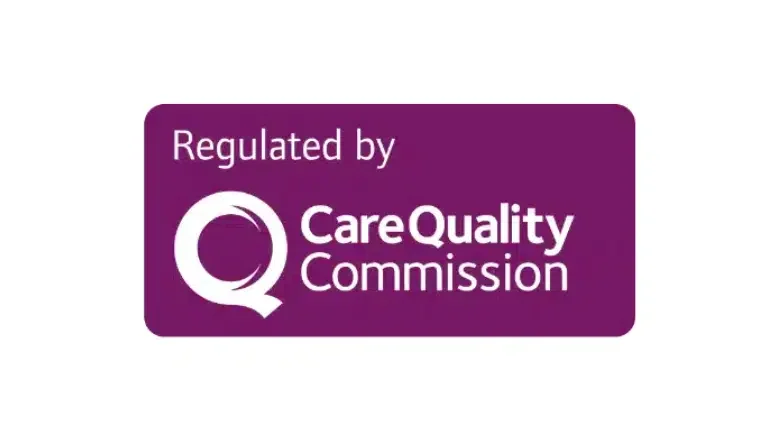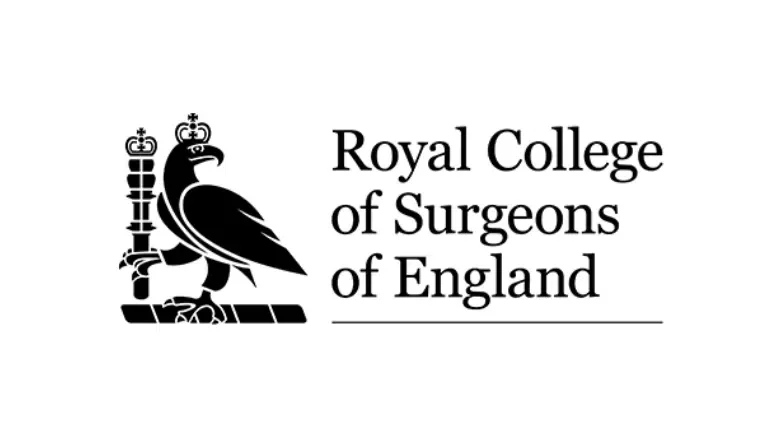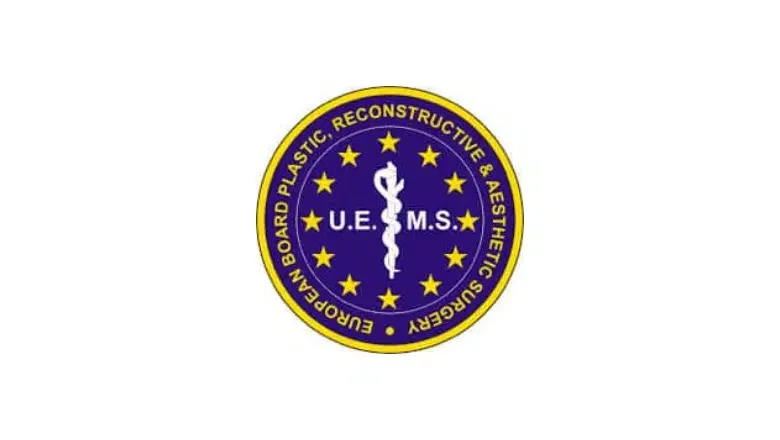Making the decision to undergo breast reduction surgery is not one to be taken lightly. For many women with larger breasts that are causing discomfort, this procedure can be a life-changing event, enhancing both their physical comfort and self-esteem. However, as with all surgical procedures, it does not come without risks. In this article, we aim to outline the potential risks associated with breast reduction surgery and share some valuable insight on how to minimise them.
RELATED: Breast Reduction FAQs – Q&A about Breast Reduction Surgery
Breast reduction surgery, also known as reduction mammoplasty, is a popular plastic surgery procedure carried out worldwide with a high rate of success. Designed to reduce the size of excessively large breasts, it can not only improve a patient’s overall appearance and create a more balanced figure but can also provide relief from the physical discomforts often associated with large breasts such as back, neck, and shoulder pain.
RELATED: What Are The Causes Of Heavy Breasts?
Nevertheless, even with its known benefits, it is vital to approach this surgery with an understanding of the potential complications.
General Risks Associated with Breast Surgery
Breast surgery, while generally considered safe and effective, is a significant medical procedure that carries potential risks. Understanding these risks is crucial for anyone considering this form of surgery. Here, we outline the potential complications associated with breast surgery and how you can take steps to avoid them.
General Anaesthesia Risks: Breast reduction surgery requires general anaesthesia, which, though usually safe, does carry some risks. These include pneumonia, clotting in the legs, allergic reactions, awareness during surgery, and in rare cases, lung function issues. Ensuring that your surgical facility has an experienced anaesthetist can greatly minimise these risks.
Operational Complications: As a significant surgical procedure, breast reduction surgery carries the risk of complications during the operation. These can include excessive bleeding and damage to the structures surrounding the breasts. Selecting a surgical facility equipped to deal with such potentialities can help to mitigate these risks.
Infections: Surgical procedures carry a risk of infection. If post-operative instructions aren’t adhered to, or if something goes wrong during the procedure, infections can occur. These can be painful and in some cases, life-threatening. Sticking to your surgeon’s pre and post-operative instructions can help to minimise the risk of infections.
Seroma or Haematoma: Following breast reduction surgery, some patients may experience swelling due to fluid retention in the breasts. Wearing a compression bra for several weeks after surgery and following your surgeon’s post-operative instructions can help to alleviate this.
RELATED: Breast Haematoma After Surgery – Causes, Symptoms and Treatment
Unfavourable Scarring: Some patients may experience significant scarring following breast reduction surgery. This can be due to several factors, including poor surgical technique, issues with wound healing, or failure to follow post-operative care instructions. Subsequent procedures may be necessary to address excessive scarring.
RELATED How to Minimise Scars after Breast Reduction Surgery
Persistent Pain: In some cases, patients may experience ongoing pain after breast reduction surgery. This can sometimes be attributed to errors made during surgery, and in some instances, may not be correctable. In some cases, revision surgery may be recommended.
Blood Clotting (Pulmonary Embolism): Although rare, blood clots can form following breast reduction surgery. This is a serious condition and a significant health risk. Carefully selecting your surgeon, based on their experience and track record of successful surgeries, can help to minimise this risk.
Specific Risks of Breast Reduction
Here are some of the potential complications that you should be aware of:
Asymmetrical Breasts: There’s a possibility that your breasts could appear asymmetrical after the surgery. However, this is less likely to occur if you choose an experienced, credible surgeon. It’s important to remember that slight asymmetry is common and natural, even in breasts that have not been surgically altered. But if there’s significant asymmetry, a revision surgery might be required.
Loss of Breast Firmness: Some patients might experience sagging or loss of firmness in their breasts after the surgery. If this is a concern for you, it’s vital to discuss it with your surgeon in advance so they can use a technique that minimises the risk of this outcome.
Uneven Nipples: One of the concerns women often have is the potential for uneven nipples post-surgery. The size and shape of your breasts will indeed change after the procedure, and this may alter the natural positioning of your nipples. In some instances, nipples may be detached and grafted to a new location. Even if this does not happen, the change in breast size could still affect the positioning of your nipples.
Loss or Change in Sensation: Any surgical procedure on the breast carries a risk of altered sensation in the breast area. This could range from a temporary loss of sensation at the incision site, to more permanent changes. In some cases, nipple grafting, if needed, can also lead to altered sensation, emphasising the importance of choosing an experienced surgeon for this procedure.
Challenges with Breastfeeding: Breast reduction surgery can impact your ability to breastfeed in the future. The procedure often involves the removal of many milk ducts, which can affect breastfeeding. If you plan on having children and breastfeeding them, it might be wise to delay the procedure or discuss with your surgeon the techniques that might preserve your ability to breastfeed.
Valuable Advice for Minimising Risks of Breast Reduction Surgery
Aside from following your surgeon’s instructions and effectively expressing your desires during the consultation, the subsequent step entails taking good care of yourself post-surgery. The ensuing tips shall prove advantageous:
- Ensure that you arrange for a companion to drive you home subsequent to the surgery, as you shall be unable to perform this task independently. If feasible, make arrangements for assistance at home as well.
- Take time off from work and avoid engaging in physically demanding activities.
- Devote adequate time to resting following the surgery.
- Maintain a wholesome and balanced diet, as this shall facilitate effective healing.
- Ensure ample hydration by consuming copious amounts of water, thus forestalling dehydration and a host of associated issues.
- Steer clear of aspirin and other blood-thinning medications, as they may induce bruising.
- Refrain from smoking and consuming alcohol for at least a few weeks subsequent to the treatment.
- Incorporate plenty of fibre into your diet and utilise a stool softener to avert the discomfort of constipation, which can be quite distressing.
Recommended activity levels after surgery
- Forbid yourself from lifting any heavy objects during the initial six weeks of convalescence.
- Avoid engaging in any form of vigorous physical activity for a period ranging from four to six weeks following the surgical intervention.
- In the first week after the procedure, begin light walking within your domicile to improve blood circulation and alleviate swelling.
- This practice significantly diminishes the risk of blood clots and pneumonia.
- Refrain from exerting excessive strain on your arms for a duration of three weeks after the surgery.
- Gradually and progressively increase your activity level on a weekly basis, after seeking guidance from your surgeon.
- In point of fact, abstain from all upper-body exercises for no less than six weeks after the procedure.
- Refrain from performing household chores (yes, you read that correctly): desist from doing the dishes, laundry, yard work, or cleaning for a minimum of six weeks subsequent to the surgery.
- Avoid returning to work for the initial four weeks after the surgical procedure, or as stipulated by your surgeon.
- Abstain from swimming until your surgeon grants permission to do so.
Looking after your incisions
- Maintain the cleanliness of the incisions and regularly inspect them for any signs of infection.
- Wait for 48 hours, until the drainage tubes are removed, before having a shower.
- Ensure that your scars are not directly exposed to sunlight for at least six months following the procedure.
- Refrain from removing the Steri-Strips until they naturally begin to curl at the edges.
- Allow the skin glue to flake off without interference.
- Furthermore, desist from picking at them with your hands.
- Should you experience redness, irritation, or pain, promptly contact your surgeon.
- Avoid taking baths or immersing yourself in a hot tub.
- Wear a compression bra for up to six weeks following the procedure.
- Subsequently, you may transition to wearing a sports bra.
- Abstain from wearing bras equipped with underwires or padding for a period of three months.
- Should your breasts feel dry, moisturise them multiple times a day to maintain hydration.
- Apply sunscreen at all times to prevent the incisions from darkening.
Selecting the Right Surgeon and Minimising Risks of Breast Reduction
Always conduct thorough research before finalising your choice of surgeon. Engage in online searches, peruse reviews, and seek out online communities where individuals share their personal experiences with breast reduction surgery. Inquire among your friends, family, colleagues, and acquaintances; you may come across someone who has undergone the procedure.
However, do not rely solely on online resources for reviews. While they can be invaluable, nothing compares to an authentic review from a real person. Compile a shortlist of at least three surgeons and schedule consultations with each of them. Remember to visit their facilities and ensure they are equipped to handle any unforeseen emergencies. It is possible that you may either like all three surgeons or none of them. If you feel comfortable with all of them, that’s excellent. Trust your instincts and choose the surgeon with whom you have the strongest rapport. If you don’t feel a connection with any of them, do not settle and continue your research.
Keep in mind that the right surgeon can make all the difference in breast reduction surgery. Therefore, invest ample time in this process, and the surgeon will take care of the rest.
What to Expect During a Consultation at Centre for Surgery?
When you book a consultation at Centre for Surgery, you are taking a significant step towards achieving your aesthetic goals. It’s a vital juncture that could potentially transform your life. However, it’s crucial to approach this with a clear understanding of what to expect during the session.
Your initial consultation is a unique opportunity for open dialogue with your surgeon. It is a space where you can freely express your expectations, fears, and questions. There is no need for reservation during this discourse – you are encouraged to delve into every minute detail until you are thoroughly satisfied with the information provided.
The surgeon will initiate the consultation by delving into your medical history, inquiring about any previous surgeries, potential allergies, and overall health condition. This scrutiny is crucial to ascertain whether you are an ideal candidate for the procedure, minimising the likelihood of unexpected complications.
Following the analysis of your health history, the surgeon will discuss your aspirations from the procedure. You are encouraged to candidly express your desired aesthetics. For instance, if you aspire to enhance your breast size, speak openly about how the change might impact your confidence and overall persona. The surgeon would appreciate it if you bring along a few reference images, which can serve as a visual representation of your envisioned results.
During the physical examination, the surgeon will take measurements of your breast dimensions, providing a rough estimate of how much tissue will need to be removed or added. Depending on the type of surgery, preliminary examinations such as a mammogram might be requested before the procedure.
The surgeon may also investigate your lifestyle habits, including smoking, alcohol consumption, and physical activity levels. These factors significantly influence your body’s ability to heal post-surgery and could necessitate lifestyle modifications before undergoing the procedure. Certain medications might need to be avoided, and specific precautions will be recommended. It is of utmost importance to adhere to these instructions diligently to mitigate risks and facilitate a smooth recovery.
Why choose Centre for Surgery?
Choosing the right clinic for your cosmetic surgery is a decision of utmost importance. Centre for Surgery is a standout choice for a multitude of reasons.
- Expertise: Our team comprises highly qualified, experienced, and skilled surgeons who have a track record of excellent results. They are dedicated to their craft and are at the forefront of the latest surgical techniques, ensuring that you receive the best possible care and outcomes.
- Personalised Care: At Centre for Surgery, we understand that each patient’s needs are unique. Our approach is patient-centric, and we work diligently to ensure that the proposed treatment plans align with your aesthetic goals and personal circumstances.
- Advanced Technology: We utilise state-of-the-art technology and surgical techniques to enhance the precision and safety of our procedures. This includes 3D imaging for surgical planning and minimally invasive procedures that offer reduced recovery times and scarring.
- Safety First: Patient safety is our topmost priority. Our Baker Street clinic meets the highest standards of cleanliness and sterility, and our staff follow rigorous protocols to ensure your safety at all stages of the treatment process.
- Comprehensive Consultation: Our thorough consultation process allows us to understand your aesthetic goals deeply and explain the procedure, the expected outcomes, and any associated risks. This ensures that you make an informed decision and that your expectations are realistic and achievable.
- Postoperative Care: Our commitment to patient care extends beyond the operating theatre. We offer dedicated aftercare, ensuring that your recovery process is smooth and comfortable. Our team is always available to address any questions or concerns that may arise post-surgery.
- Transparent Pricing: We believe in transparent pricing with no hidden costs. Our team ensures that you are fully aware of the total cost of your procedure before moving forward.
Choosing Centre for Surgery signifies choosing a facility that puts your well-being at the forefront, committed to providing high-quality, personalised care at each step of your cosmetic surgery journey.










